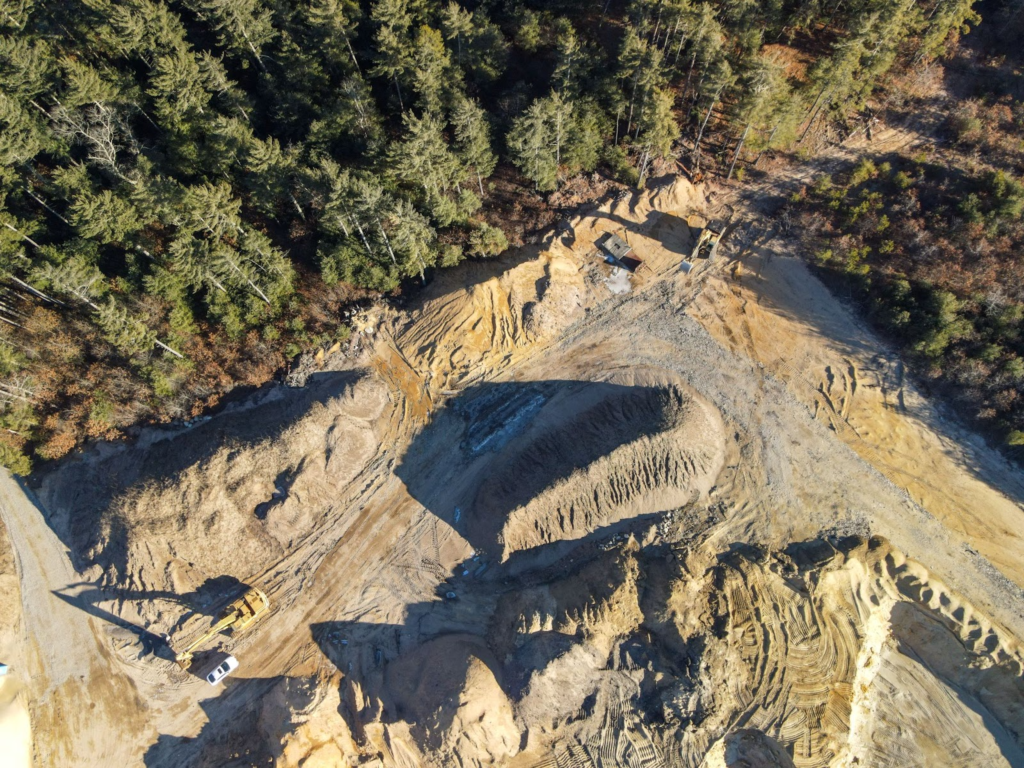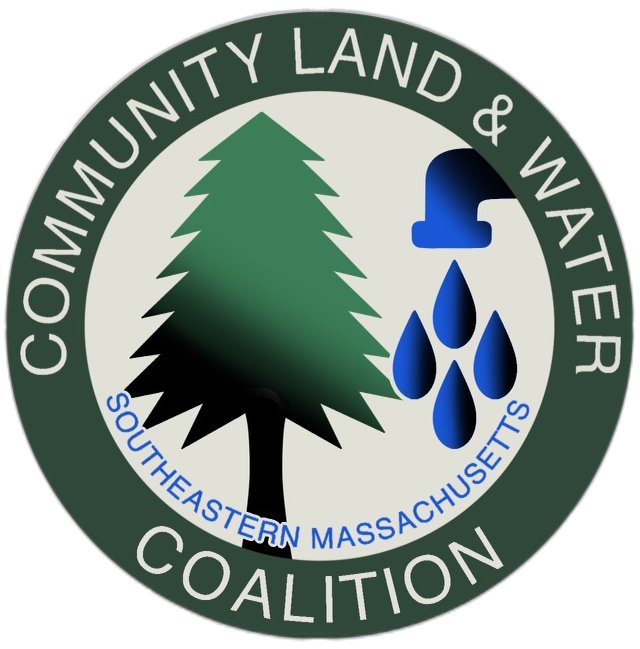Deforestation
Several economic forces, such as the SMART solar financial subsidy program, the increasing value of silica sand combined with the decreasing revenue from cranberry farming, and the residential expansion along the 495/Metro West corridor are incentivizing land development in southeastern Massachusetts and have resulted in massive tracts of deforestation in our area over the last twenty years. According to the Global Forest Watch, southeastern Massachusetts appears to have one of the highest rates of deforestation in the state since the year 2000.
Deforestation has devastating environmental impacts on our communities and comes at a time when we must conserve our forests to combat climate change. Deforestation contributes to loss of biodiversity, loss of carbon sequestration, degradation of surface water quality, potential threats to our aquifer, loss of Indigenous history, and loss of safety and peaceful coexistence with nature in our communities.
Deforestation causes biodiversity loss, as forests are home to a wide variety of plant and animal species and habitat loss is a main driver of extinction. Our area is home to the globally rare Massachusetts coastal Pine Barrens, home to over 200 federally and state-listed threatened and endangered species. Deforestation threatens the continued existence of our rare plants and animals, and threatens the viability of the ecoregion as a whole.
In the fight against climate change, trees are essential for absorbing carbon dioxide from the atmosphere and releasing oxygen through photosynthesis. Deforestation increases the amount of carbon dioxide in the atmosphere, contributing to global climate change.
Forests help to anchor soil in place and prevent erosion. Without them, sand and soil can be easily washed away by rain, leading to siltation, increase in temperature, decrease in dissolved oxygen and overall degradation of water quality in our streams.

Forests play a crucial role in regulating the water cycle. They absorb water from the ground and release it into the atmosphere through transpiration. Deforestation disrupts this cycle, leading to changes in precipitation patterns and water availability. Forests act as natural filters for rainwater and surface runoff by intercepting and absorbing rainfall, reducing the amount of pollutants that enter our ground. The trees and vegetation in a forest also help to slow down the flow of water, allowing it to percolate into the soil and recharge groundwater aquifers. As the water infiltrates through the soil and forest floor, it is filtered by the soil and vegetation, which remove pollutants, sediment, and other contaminants. We must stop deforestation in our area now before we begin to experience irreversible effects on the water quality in our aquifer.
This area has been home to Indigenous people for over 13,000 years, and the tribes of this region never ceded the land. Many thousands of Indigenous people live and work in southeastern Massachusetts. When we cut down our forests, we are erasing their cultural history, which is tied to the land, and perpetuating the colonial violence of severing Indigenous people from the natural resources that they have stewarded for thousands of years.
Forests also act as buffers to property damage due to hurricanes and tropical storms. According to the EPA, between six and 10 hurricanes and tropical storms struck southeastern Massachusetts between 1900 and 2021 and between eleven and twenty struck the Atlantic Coast of Southeastern Massachusetts in the same time period. Forests absorb impacts from strong winds and rain from intense storms that are already happening in our region. Deforestation would lead to further property loss from storm damage over the coming decades.
The vast expanses of forests in this region are not only a tourist attraction, but the reason many people choose to live here in the first place. Many people rely on forests not only for food, shelter, and clean water, but also for shade, recreation, healthy lifestyles and spiritual healing. When we degrade and destroy our forests, we are directly threatening our way of life in southeastern Massachusetts.
